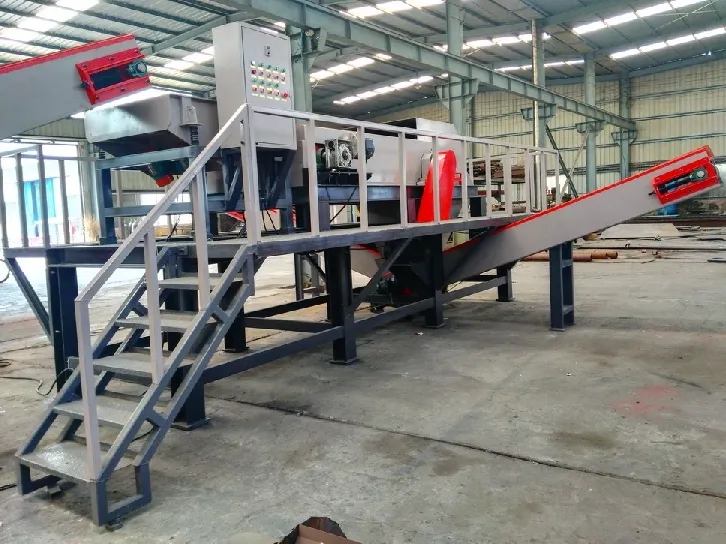

Aug . 01, 2024 04:03 Back to list
The Importance of E-Waste Bins in Modern Society
In an era where technology is rapidly evolving, the issue of electronic waste, or e-waste, has become increasingly critical. The proliferation of electronic devices such as smartphones, laptops, tablets, and appliances has led to a significant rise in discarded electronics. Addressing this growing problem requires not only public awareness but also effective waste management solutions. One such solution that has gained prominence is the establishment of dedicated e-waste bins.
The Importance of E-Waste Bins in Modern Society
Firstly, the environmental impact of e-waste is profound. According to the Global E-Waste Monitor, approximately 53.6 million metric tons of e-waste were generated globally in 2019, and this number is expected to rise. Many electronic devices contain hazardous substances such as lead, mercury, and cadmium, which can pose severe risks to the environment and human health if not disposed of correctly. E-waste bins help mitigate these risks by providing a safe and designated area for the collection of harmful materials. Proper disposal and recycling through these bins prevent toxic substances from leaching into the soil and water systems, thus protecting our ecosystems.

Secondly, e-waste bins facilitate resource recovery. Electronics are often composed of valuable materials such as gold, silver, copper, and rare earth metals. When e-waste is tossed into regular trash instead of dedicated bins, these valuable resources are lost. Recycling e-waste through e-waste bins allows for the recovery of these materials, promoting a circular economy. This process not only conserves natural resources but also reduces the energy consumption associated with the extraction and processing of raw materials. In essence, e-waste bins serve as a conduit for turning waste into resources, reinforcing the principle of sustainability.
Moreover, e-waste bins play a crucial role in raising public awareness about the importance of responsible electronic waste disposal. By placing these bins in easily accessible locations, such as schools, community centers, and retail outlets, organizations can educate the public about the potential dangers of e-waste and the benefits of recycling. Engaging in campaigns that highlight the significance of e-waste bins can foster a culture of environmental responsibility and encourage individuals to think critically about their consumption habits.
In addition to education, the presence of e-waste bins can motivate individuals to make more sustainable choices regarding their electronic devices. Knowing that there is a proper way to dispose of unwanted gadgets can lead to informed purchasing decisions, such as opting for longer-lasting products or participating in take-back programs offered by manufacturers.
In conclusion, the establishment of e-waste bins is a vital step forward in addressing the escalating problem of electronic waste. By providing a safe and responsible means of disposal, these bins not only protect the environment but also promote resource recovery and raise awareness about sustainability. It is essential for communities, businesses, and governments to support the proliferation of e-waste bins and incorporate effective waste management practices into their policies. Only through collective efforts can we hope to mitigate the impacts of e-waste and pave the way for a greener, more sustainable future.
Latest news
Troubleshooting Common Eddy Separator Problems
NewsJul.04,2025
The Role of Metal Recycling Plants in Circular Economy
NewsJul.04,2025
The Impact of Recycling Line Pickers on Waste Management Costs
NewsJul.04,2025
Safety Features Every Metal Shredder Should Have
NewsJul.04,2025
How Industrial Shredders Improve Waste Management Systems
NewsJul.04,2025
How Cable Granulators Contribute to Sustainable Recycling
NewsJul.04,2025